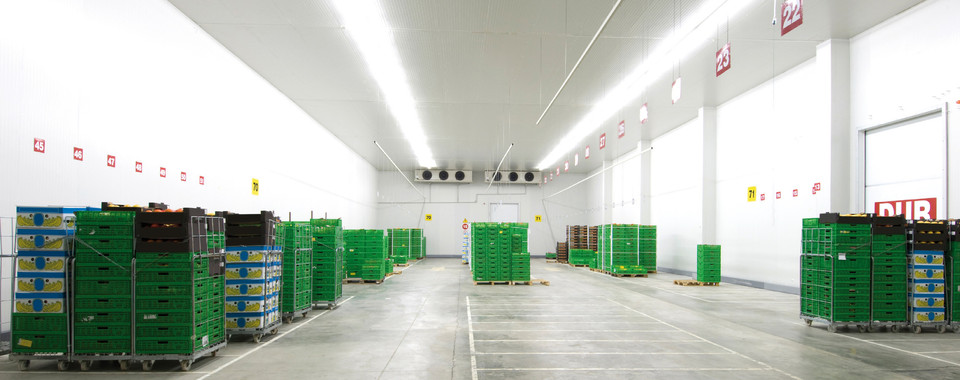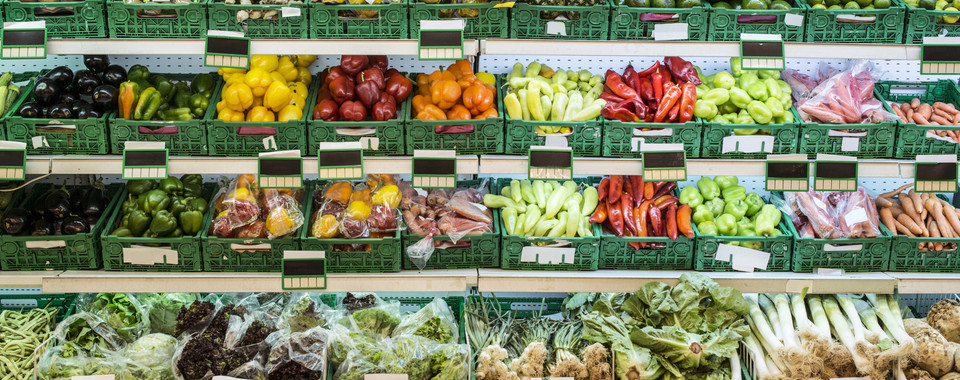What do you understand by the term sustainability? In everyday language, it is mainly about environmental protection - the ecological aspect of sustainability. Because we are confronted with news about environmental catastrophes every day: with the devastating fires in southern Europe and the recent floods in western Germany, the effects of climate change are now much closer than before.
But sustainability is much more than environmental protection. Besides ecological aspects, economic and social objectives also play a role. It is about justice, prosperity and security. In microeconomics, the protection of workers is a partial aspect of social sustainability and at the same time, it positively affects labour efficiency. An example of optimizing logistical processes in a hospital shows how software is already protecting staff and helping to relieve the workload in this overburdened sector.
THE THREE PILLARS OF SUSTAINABILITY
The so-called three-pillar model of sustainable development was applied as a benchmark for sustainability in the final documents of the UN World Summit in Rio de Janeiro in 1992. The central content in the three-pillar model is that all three pillars - ecology, economy and social - are equally weighted and equally important. Accordingly, sustainable development can only be achieved if all three goals are implemented simultaneously, equally and in a well-coordinated manner.
With the United Nations' 2030 Agenda, social sustainability goals are also coming more to the fore. For example, they call for the fight against poverty and hunger, efforts to provide quality education or gender equality and make companies and institutions more accountable. But how can social sustainability be implemented in practice?
PRACTICAL EXAMPLE: HOSPITAL LOGISTICS
Let's take a look at the processes in a hospital as an example. A hospital is like a city. Up to 300 transports of laundry, medicines, samples, equipment, food and the patients themselves occur in an average-sized hospital every day. That adds up to 15 kilometres of walking per employee per day. Nowhere is logistics closer to people than in a hospital. But it is often a back-breaking job.
Social sustainability in hospitals is therefore defined by the working conditions of the staff, patient care and the effectiveness of the health system and its executive institutions. In this context, social sustainability aims to conserve resources (human labour) in order to promote health. In addition to promoting a work-life balance through more flexible work shifts and further training opportunities or offers such as an in-house day-care centre, the use of intelligent software can also contribute to this goal.
DIGITALISATION: HOSPITAL LOGISTICS SYSTEMS PROVIDE RELIEF
Hospital logistics systems help to make routes in the hospital efficient in order to reduce the burden on staff. Every empty trip and every route that can be saved means not only lower costs and resources but also less physical effort. At the same time, transparency increases. These systems make a significant contribution to resolving the apparent contradiction between economic processes and high-quality medical care.
For the logistical and medical staff in the hospital, the use of such software results in the following advantages:
- fewer empty runs,
- more even utilisation of the transport employees,
- simple request for support from colleagues during heavy transports,
- a simplified and transparent communication flow,
- significant relief of the nursing staff from activities unrelated to nursing,
- improved employee satisfaction.
Patients benefit equally from the use of modern software through:
- short transport times to examinations,
- no patient waiting time after the examination,
- an increase in the feeling of safety and
- ensuring high-quality care.
The particular strength of intelligent hospital logistics systems lies in the fact that unforeseen events can also be incorporated into the control system and the entire transport organisation can be rescheduled within a few seconds. This avoids stress, facilitates the flow of information between all those involved in transport - patient, nursing and transport service - and enables hospitals to focus on their main tasks: healing sickness and easing suffering.
CONCLUSION
Social sustainability often does not receive the necessary attention. Yet it is an integral part of the drive for increased sustainability for humanity and our planet. One aspect of social sustainability is the protection of workers and the relief of human resources in overburdened sectors, such as the healthcare system. Intelligent hospital logistics systems pursue economical, as well as social, improvements. Their particular strength is - taking into account a variety of framework conditions – the ability to reschedule the entire transport organisation within a few seconds. In this way, they make everyday life easier for employees and patients.
Do you also consider optimization systems as a link for more social sustainability in your company, in order to strengthen employee and customer loyalty?










